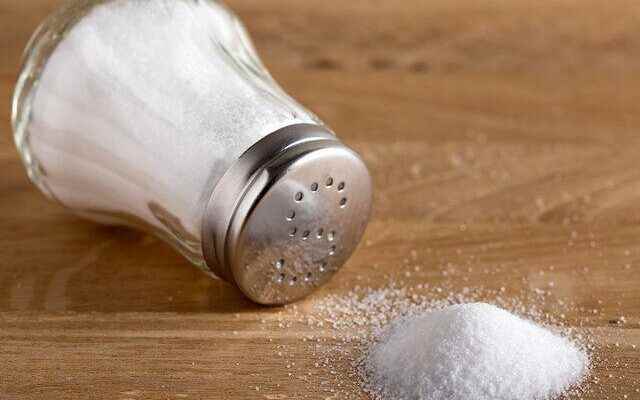If precautions are not taken against diseases and their treatment is delayed, they can cause other diseases. Diseases that cause chronic kidney failure include diabetes and hypertension. Irregular life, unhealthy diet, lack of exercise increase the risk of kidney failure. In order to prevent diseases that cause chronic kidney failure, it is necessary to adjust the amount of salt correctly. Kidney failure can cause very serious problems.
RENAL FAILURE CAN AFFECT ALL ORGANS
Kidney failure can be acute or chronic. While acute renal failure is a short-term disorder such as weeks or days, kidney dysfunctions lasting longer than 3 months are considered chronic. While acute renal failure is mostly manageable, chronic failure can be progressive and permanent. Mentioning the importance of prevention and treatment of chronic kidney failure in particular, Near East University Hospital Nephrology Department Practitioner Dr. Rana Ömürova pointed out that kidney failure can have serious consequences that can affect all organs.
THESE DISEASES ARE CLOSELY RELATED TO EXCESSIVE SALT USE
Diabetes and hypertension are the leading causes of chronic kidney failure. In other words, 60 percent of chronic kidney failures are caused by these two health problems. These diseases are closely related to excessive salt use. Dr. Rana Ömürova listed other causes of kidney failure as kidney inflammations called nephritis, urinary tract infections, stone diseases, genetic diseases and cystic diseases of the kidney.
REDUCE THE SALT AMOUNT SLOWLY

Mentioning that excessive salt consumption raises blood pressure and damages the kidneys by increasing the pressure in the veins, Dr. Rana Ömürova stated the importance of reducing salt consumption and said, “Gradually reduce the amount of salt you use while cooking, your mouth will get used to less salt over time. Instead of salt, use various spices, such as dill, parsley, lemon and garlic to flavor your meals. Remove salt and salty sauces from your table so that your children do not develop the habit of adding salt to their meals. Be sure to read the label on ready-to-eat foods before purchasing. Choose those with less salt. Before consuming foods such as pickles, canned foods, pickled leaves, olives and cheese, make sure to wash them or soak them in water. Consume more fresh vegetables and fruits.
